18 February 2016
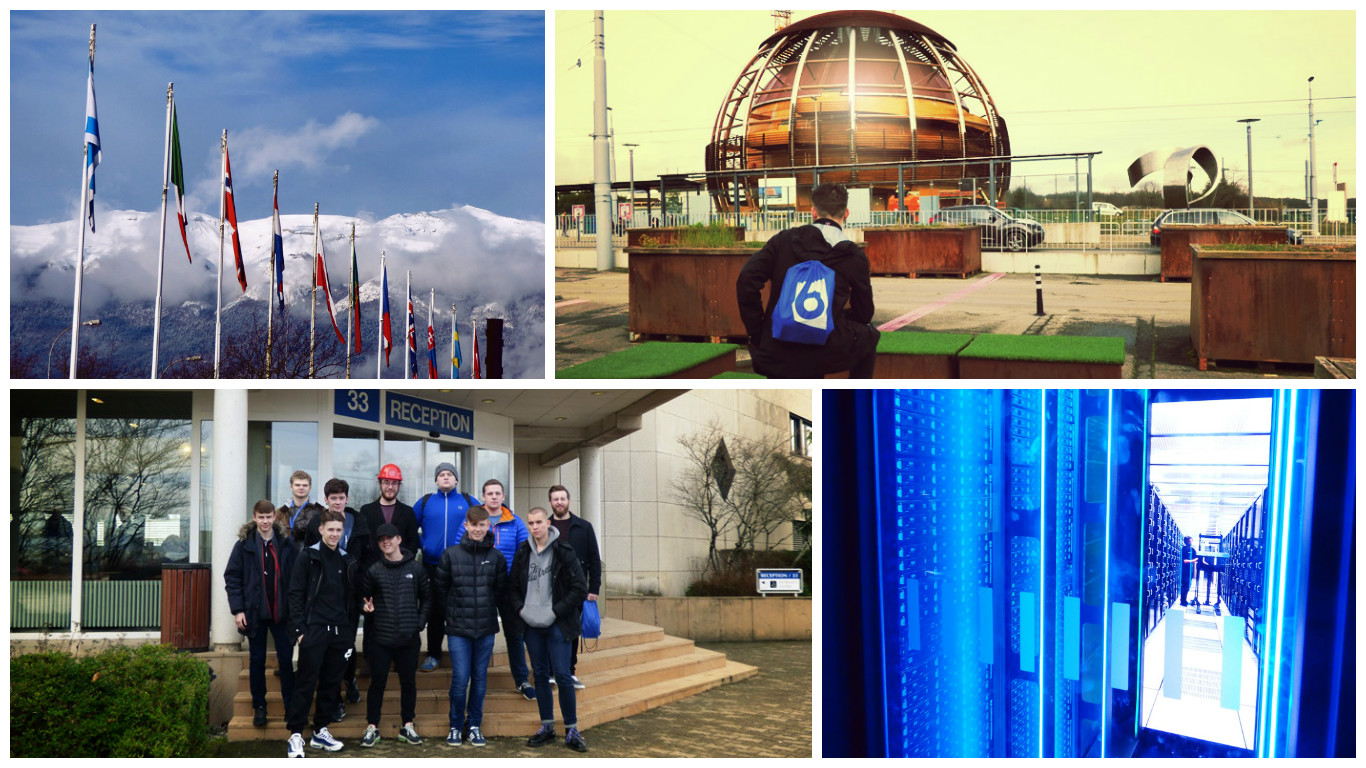
“It’s like Christmas for physicists!” says science student Elliott Wood, one of ten students who have just returned from a college trip to CERN in Geneva.
The European Organisation for Nuclear Research, known by the acronym CERN from the French translation of its name (Conseil Européen pour la Recherche Nucléaire) is the hub of the scientific world. Over 2,500 leading scientists from 21 member nations come together in laboratories miles underground to work on scientific experiments that Elliott describes as ‘like something out of a science fiction film’.
The ten Sixth Form College students were given access to the birthplace of the World Wide Web, where English scientist, Tim Berners-Lee, wrote the first web browser in 1990. Along with its most widely consumed invention in the Web, CERN is where the world’s brightest minds have recreated the conditions of the Big Bang Theory, using the 27 kilometres of the Large Hadron Collider, 175 metres under the surface.

Elliott, who studies Physics, Chemistry and Maths at A Level, said: “We may have read about what they do, in what is essentially one big physics experiment, but being there and being able to ask about it and learn from them was something else. I felt it was pretty profound really.
“Our tour guide had worked there for 30 years so could answer all of our questions really thoroughly. Any question I asked I’d get an answer to, which for someone interested in science is extremely satisfying.”

Elliott went on to describe one of the Swiss laboratory’s most ground-breaking experiments, which can make for some head-spinning reading for those less familiar with science: “There’s stuff that just sound like science fiction that they study. We were told that the universe started with one fundamental force that has since split into four. With smashing particles at CERN and recreating the conditions at the beginning of the universe and the Big Bang, they are reproducing the one fundamental force. It all works towards one universal theory.”
Physics teacher Richard Newby led the trip to Switzerland and said: “It’s something that the students hear about all the time in lessons and on the news, but being there and seeing it in action makes it feel like something that they can actually work towards. The cutting edge physics can seem like another world but this made it a viable career goal. It’s really inspirational.”
The trip to Geneva was rounded off with a visit to the Natural History Museum and a true Swiss experience for dinner, where some students joined in the traditional musical entertainment on the famously huge three-metre alphorns.
.png)

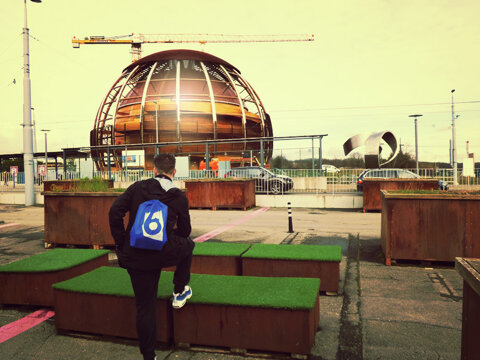
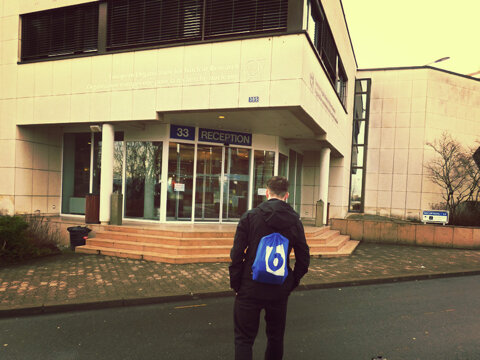
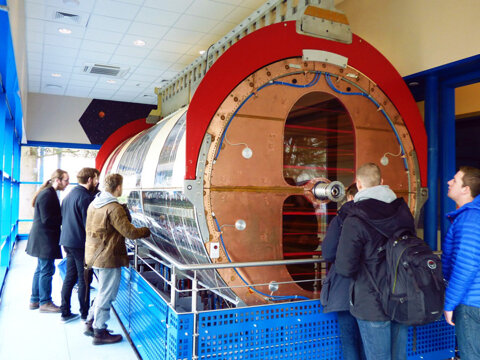


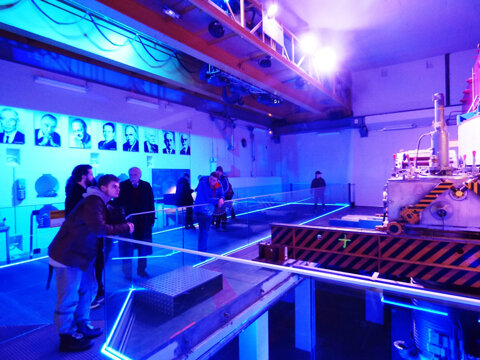
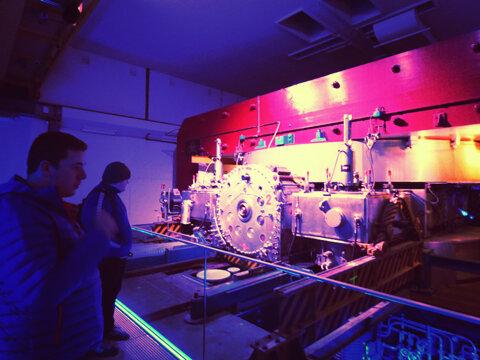
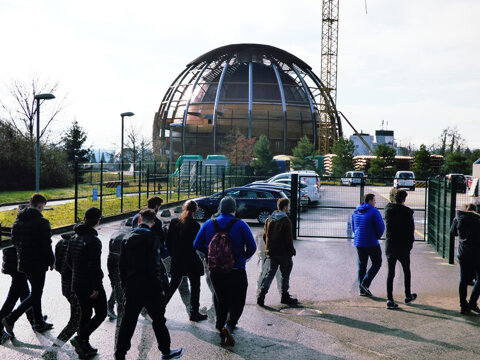
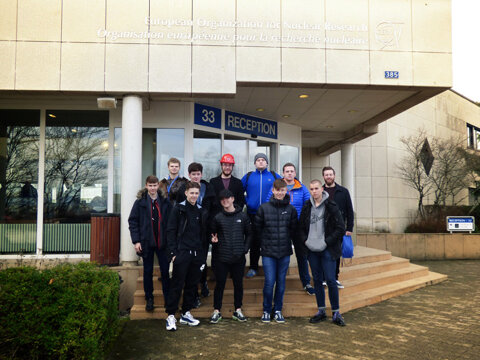
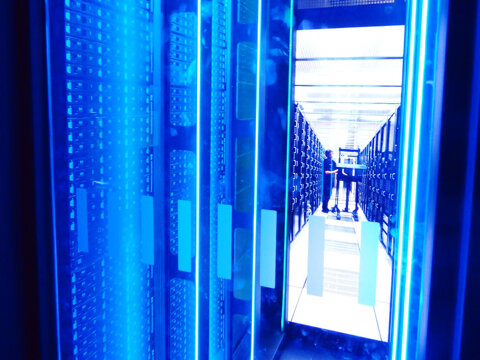
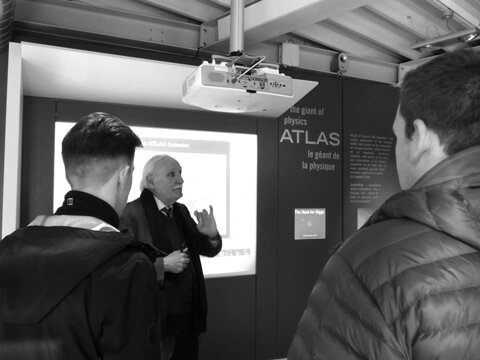
.jpeg)
(3).jpg)
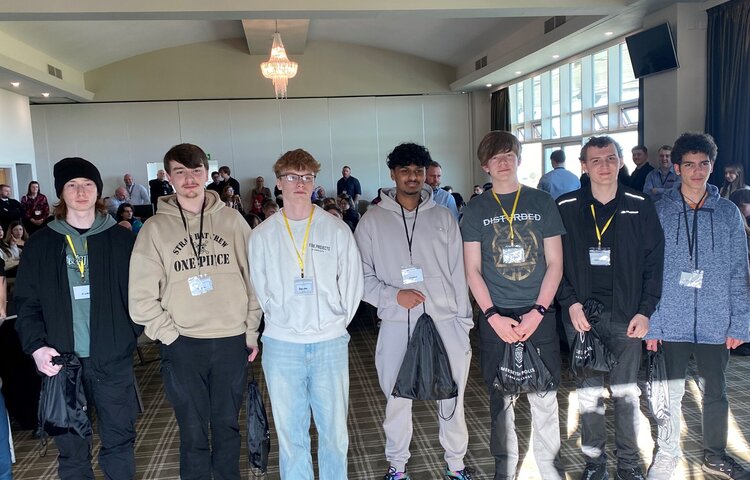
.jpg)







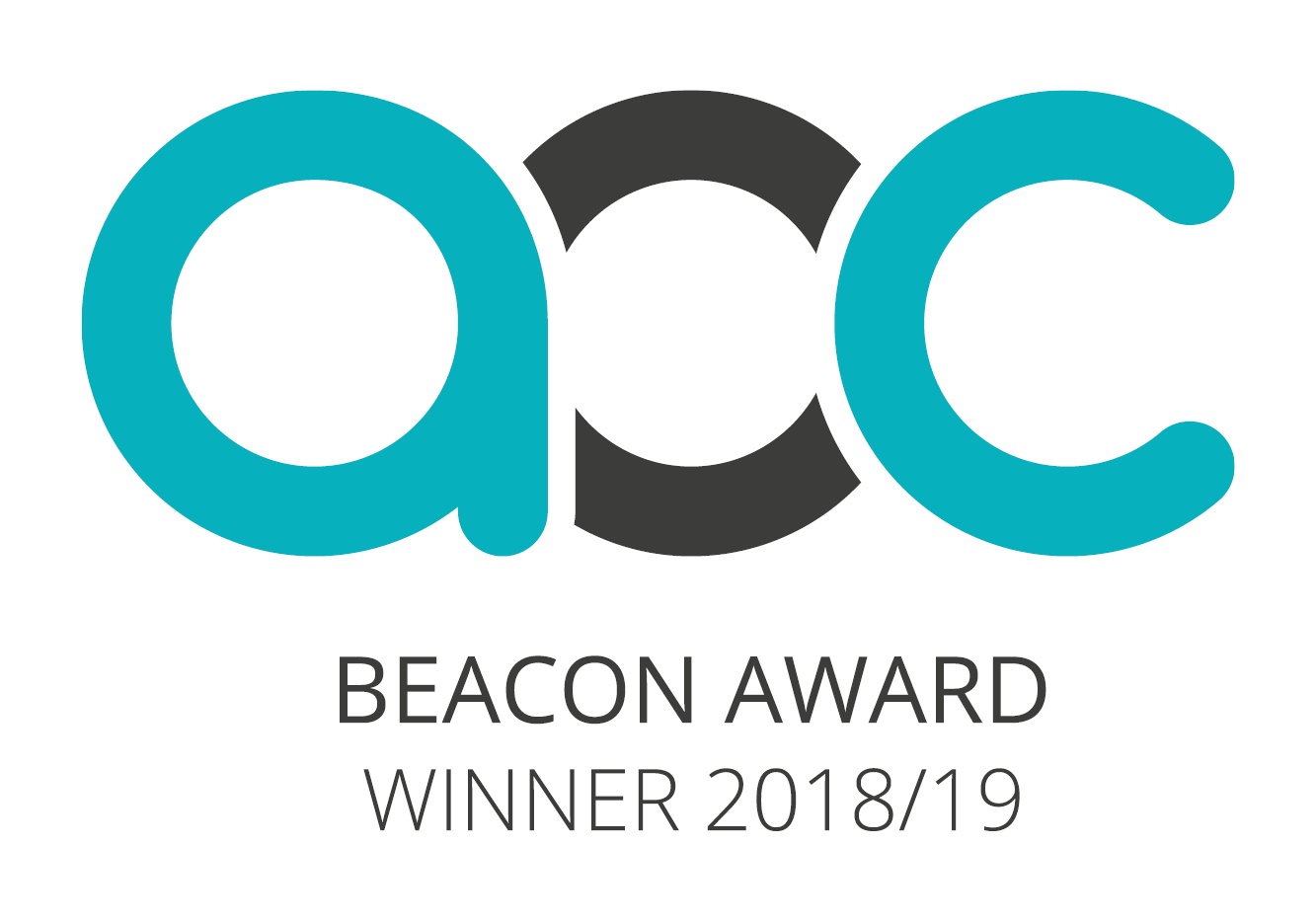
_(403x640).jpg)